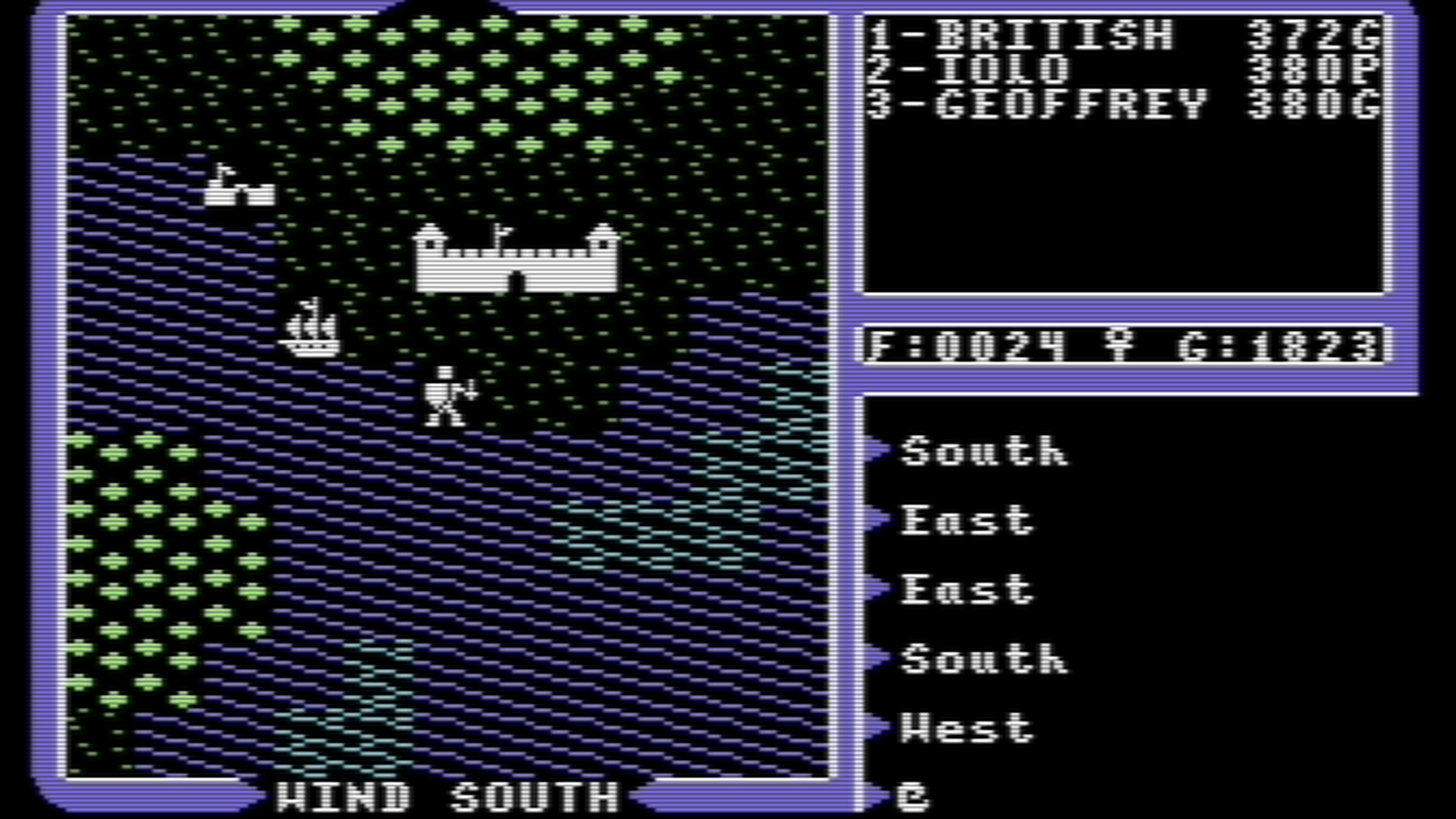Pat Davet

“The day is warm, yet there is a cooling breeze. The latest in a series of personal crises seems insurmountable. You are being pulled apart in all directions.” So begins Ultima IV: Quest of the Avatar, the very first video game to concentrate on religion as a main theme. It explores a theme so rare in games that few have ever even attempted to discuss it, let alone make it the main feature of a game. Ultima IV centers around a hero’s quest to achieve a virtuous life. The quest for Eight Virtues is the goal of the game, with the end result turning the player-character into an Avatar, or prophet. The game is, in other words, a journey towards enlightenment.“Religion is a quest for meaning, and gameworlds mirror this fact by being assemblies of quests,” states William Sims Bainbridge in eGods. Religion is meant to be a path of discovery, even self-discovery in certain religions. Self-discovery in religion is famously discussed in Inferno, part one of Dante Alighieri’s Divine Comedy. Game scholar Jimmy Maher compares Ultima IV’s opening to that of Inferno: “In this the midway of our mortal life, I found me in a gloomy wood, astray, gone from the path direct.” The idea of losing one’s identity is a difficult method of storytelling that Ultima IV embraces.
The hero of Ultima IV does not become a mage or rogue like so many other famous RPGs. Rather, he strives to attain eight noble virtues: Compassion, Honesty, Honor, Humility, Justice, Sacrifice, and Valor. The player-character is not tasked with fighting off some great evil threat. The world is not collapsing. The hero is not even all that important in the grand scheme of things. The world is in a golden age and the player must give hope to its people. Much of the game feels like the Catholic Church’s response to the evil of the Great War in Europe. Things fell apart, and when time came to rebuild, religion was there to help give comfort.

The player’s quest to become an Avatar of Virtue represents only one half of the game. Later, one must enter the Stygian Abyss, a remnant of the Dante-inspired Hell that was originally the main focus of the game, and find the Codex of Ultimate Wisdom. “The final dungeon serves to hammer home the game’s rhetorical message via a series of puzzles which require you to apply what you’ve learned about the system of virtues, but everything that happens after you become an Avatar is otherwise much less interesting than what happens before” (Maher).
Cross-posted from Digital Paladins.
